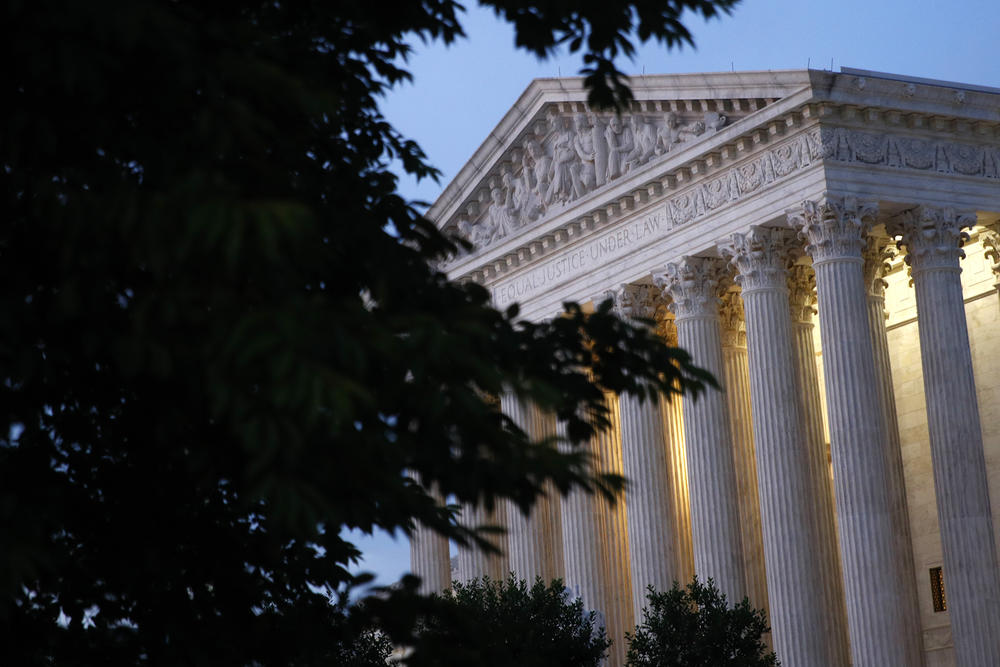Section Branding
Header Content
Georgia Man At Center Of Supreme Court Hearing On LGBT Rights
Primary Content
The U.S. Supreme Court heard oral arguments Tuesday in a potential landmark case that could decide whether lesbian, gay, and transgender people are protected under the federal discrimination law.
“It has the potential of ensuring and affirming that LGBT people are protected against employment discrimination under the current federal provisions of sex discrimination,” Jeff Graham, executive director of Georgia Equality, said.
At the center of the consolidated cases is a Clayton County man, Gerald Bostock. In Bostock v. Clayton County, Bostock claims he was fired from his job after his employer found out he was gay.
Bostock worked as a child welfare coordinator for the county for 10 years. Graham, whose organization filed a brief on the case, said his firing should lead to an easy decision by the Supreme Court.
“To have such a clear-cut case of an employer beginning to penalize an employee once they discover that they’re gay or lesbian, I think, makes this a very strong case,” Graham said.
Sean Young, legal director with the ACLU of Georgia, said the case is pretty simple.
"People shouldn't be fired based on who they love,” Young said. “I think Georgians of all political stripes recognize all people should be treated with humanity and decency."
But both Young and Graham said, regardless of the way the decision goes, more work will have to be done in Georgia to ensure LGBT members are protected in the workplace.
“We know that we will still need to work for legislation on a local, state and federal level to make these protections explicit,” Graham said. “We have to make sure those protections are comprehensive.”
Young said Georgia is one of just a handful of states without explicit protections for LGBT employees.
As far as how long before a decision could be made, Young had no guess. The Supreme Court’s term ends in June 2020.

